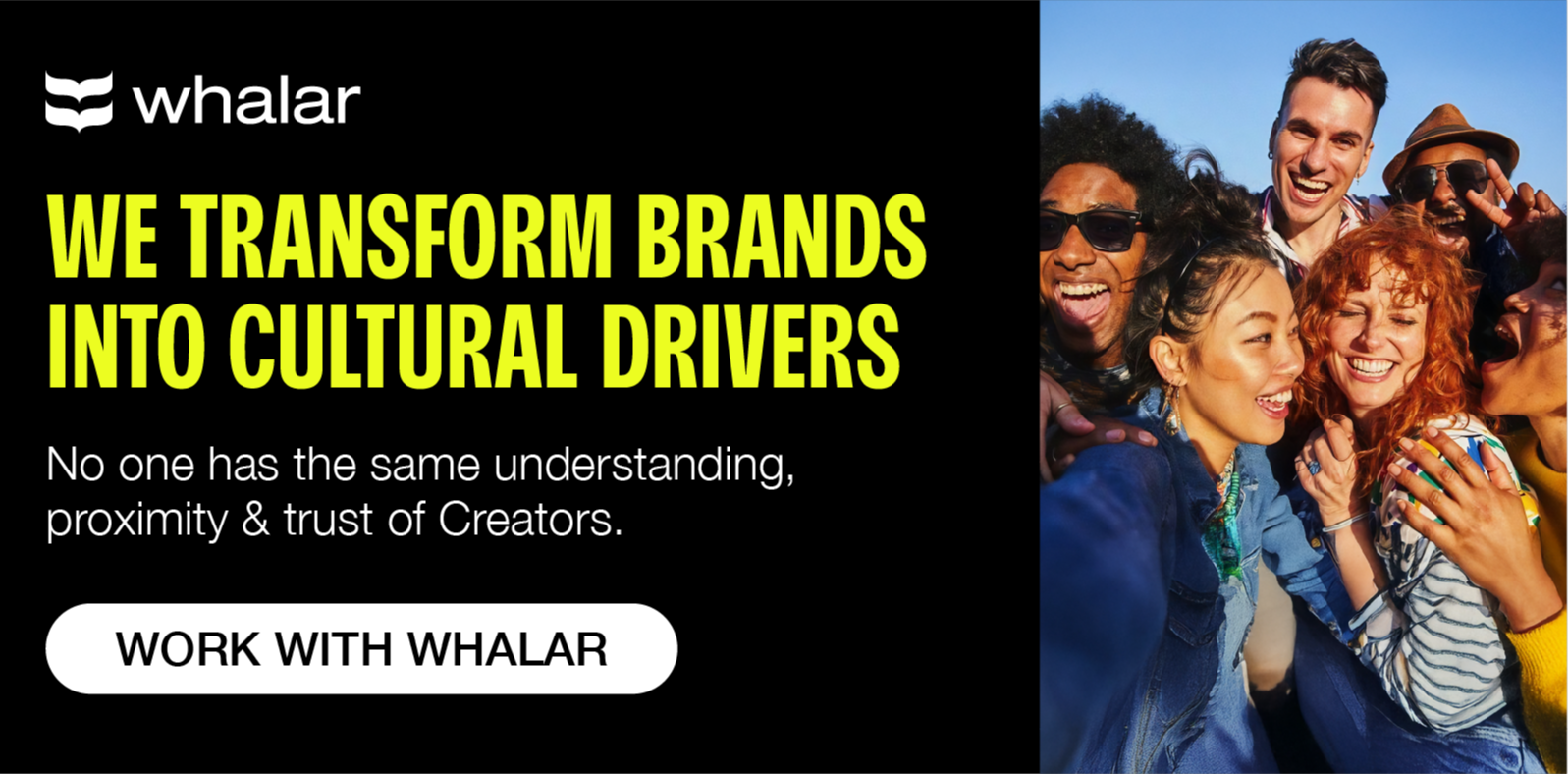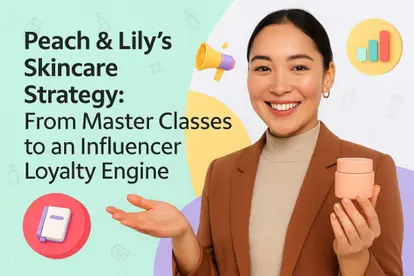- Education-First Influencer Approach: Peach & Lily prioritizes deep skincare workshops over generic brand trips, ensuring influencers truly understand and can teach the science behind products.
- Founder as Face & Voice: Alicia Yoon’s hands-on role on QVC, Sephora, and in-store lent early credibility to K-beauty in the U.S. before social media’s influencer boom.
- Genuine Influencer Partnerships: Creators are selected based on authentic affinity and audience interest in skincare science, fostering long-term advocacy rather than one-off endorsements.
- Immersive, Data-Backed Activations: From subway ad takeovers to “glass bodega” pop-ups, every offline effort is structured for measurable online impact and conversions.
- Trend Creation & Ongoing Support: By pioneering the Glass Skin trend years before it went viral—and staffing a real-time Q&A line—Peach & Lily cements itself as both innovator and educator in the crowded beauty market.
By prioritizing master classes and science-driven content over viral stunts, Alicia Yoon built trust and converted skeptics into skincare loyalists.
When Alicia Yoon launched Peach & Lily in 2012, most American shoppers had never heard of K-beauty. Rather than rushing to court fleeting trends or chasing the next viral challenge, Yoon anchored her brand in two principles: expert education and authentic influence.
Over the past decade, that approach has elevated Peach & Lily from a niche e-commerce platform to a household name in skincare, demonstrating that in the crowded cosmetics market, depth beats flash every time.
Founding with a Mission: Education as the North Star
From day one, Peach & Lily’s website resembled more of an online magazine than a storefront. Product pages overflowed with “above-the-fold” explainers on peptides, ceramides, and AHAs; FAQs delved into routines for sensitive, dry, and acne-prone skin alike.
Yoon recalls, “We had to teach everything—from why pH matters to how to layer serums. Our customers were encountering these ingredients for the first time.”
This editorial heft served two purposes. First, it positioned Peach & Lily as a trusted resource in an era when many beauty sites sold on buzzwords rather than evidence. Second, it provided a natural pipeline for future influencer partnerships: instead of sending generic PR kits, the team now had a library of content built on skincare science, ready to share with creators.
The Founder as Expert: Bridging TV and Social
Long before “founder-CEO as brand ambassador” became an industry mantra, Alicia Yoon embodied the role. She demonstrated exfoliation techniques on QVC, co-hosted live tutorials for Sephora’s site, and appeared in bold print ads at Target—all while maintaining her role as chief educator.

Sephora x Alicia Yoon AMA from 2015. Source: Sephora
These tentpole moments not only drove immediate sales but also seeded a perception of Peach & Lily as the authority on Korean innovation.
Yet TV appearances alone weren’t enough in a social-first world. As TikTok and Instagram Stories took off, Yoon adapted, guiding content strategy for micro-tutorials and product deep dives. By the time “glass skin” broke out on TikTok in 2023, Peach & Lily was already primed—its 2018 Glass Skin Refining Serum had been the subject of years of how-to content.
@melinda_melrose @Peach & Lily this is beyond amazing!! Because wow!!🤯
Master Classes over Brand Trips: A New Influencer Playbook
Rather than whisk influencers off on exotic brand trips, Peach & Lily invited them to laboratory-style workshops. Tables lined with binders of scientific notes, researchers on standby, and hands-on demonstrations replaced poolside photo ops.
Among attendees: skincare YouTube educator Celesta Loo, shade-agnostic beauty guru Nyma Tang, and rising TikTok star Brook Tiffany—each leaving the session ready to teach, not just promote.
When launching the Glass Skin Ginseng Collagen Mask, the brand turned its office into a “glass bodega,” complete with curated pop-up displays and guided tutorials.
Influencers browsed the pop-up as if in a store, but every product came with its own mini-lecture on nutrient penetration and lipid-barrier support. The result? When these creators shared their unboxings, they didn’t merely showcase pretty packaging—they could explain exactly why the mask worked.
From Skepticism to Loyalty: The Long Game
At its core, Peach & Lily’s approach acknowledges that skincare is personal and science-driven. By arming influencers with genuine expertise—instead of handing off rote talking points—the brand transformed content from hollow promotion into valuable education. Consumers didn’t just buy products; they embraced routines, shared stories, and returned for the next master class.
As K-beauty continues its global ascent, Peach & Lily stands as proof that in influencer marketing, authenticity reigns supreme. When a creator can answer “why does this ingredient matter?” as confidently as “how do I apply this?” audiences listen—and loyalty follows.



